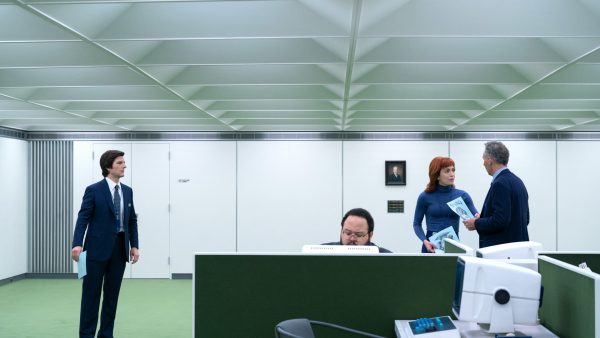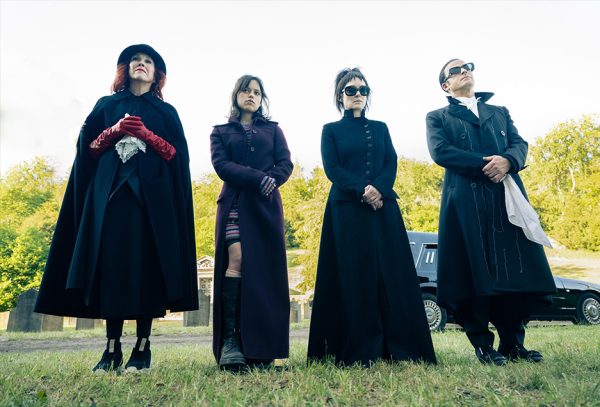A thing of the past?
Why the Death of Movie Theaters Is Becoming A Reality
Like every other industry worldwide, the film industry fell from blinding heights in 2020 as a result of the COVID-19 pandemic. To say that people stopped going to movie theaters cold turkey would be the understatement of the century. In 2019, the domestic box office rode the waves made by blockbusters like “Avengers: Endgame” and “The Lion King” to a total of $11.4 billion, the second highest total in box office history. Just like everything else, 2020 marked one of the biggest financial drops in box office history, falling 80% to an abysmal $2.3 billion. Even Christopher Nolan’s “Tenet” couldn’t convince the masses to return to the big screen, despite its grand scale and spectacle. This begs the question that many have had over the last year: how are movie theaters supposed to recover from this? Are we looking at the death of theaters as a whole?
In order to accurately answer this question, let’s go back to the beginning. Despite the many strange things that occurred last year, 2020 started out just like any other year. January was filled with a number of terrible movies, and February was only marginally better. Historically, this is how every year starts out. However, everything changed, and it’s still changing. When the pandemic began, every blockbuster scheduled for a release in 2020 started running for the hills, and they haven’t stopped. Despite two COVID vaccines becoming available to the public, movies like “No Time to Die” and “The King’s Man” have already been pushed back for the third and fourth times with no signs of stopping. However, if I was to say that this problem was caused by the pandemic, I would be lying. This has been a problem for the last few decades.
An article just came out saying that the average person goes to the movie theater once every three months. As shocking as that might sound, this sample was taken before the pandemic. Movie theaters were in trouble long before the word “coronavirus” crossed anyone’s mind, despite what the record-breaking numbers provided by “Avengers: Endgame” would have anyone believe. This is partially due to the streaming wars, led by Netflix. Despite Netflix’s vast popularity, and my own fondness for a few of its films, it can easily be argued that its invention has directly contributed to a decline in moviegoing audiences. After all, what’s the point in spending two and a half hours at a theater without stopping when you can do the same at home?
However, what might be the final nail in the coffin can go without saying. Except, it can’t. As mentioned above, the coronavirus pandemic has at least slightly screwed up every industry out there, and it would be hard to figure out which industry has suffered more. That being said, a strong case could easily be made for the film industry. Not only have people stopped going to the theaters, and not only has almost every major film been pushed back several times, but going to the movie theaters is now known as a high-risk activity. In a business that relies heavily on people wanting to escape their lives for two hours, doing so might result in them being infected with a deadly virus. Until things get anywhere close to being back to normal, it’s hard to see any of this changing.
With all that being said, I believe that there’s still a very good chance that movie theaters can survive. Oddly enough, it might just be because of Warner Bros., whose controversial decision to release their 2021 films in theaters and on HBO Max has ruffled some feathers, including those belonging to Christopher Nolan and many of their filmmakers. Despite what would appear to be a lack of faith in anything returning to normal, this decision means that Warner Bros. isn’t going to be pushing any of their 2021 films back. The releases of “Wonder Woman 1984” and “The Little Things” debuted strongly in both theaters and streaming, and it’s hard to imagine a future where movies such as “Dune” or “The Matrix 4” don’t do the same. Even if things stay exactly the same, theaters have proven themselves to be incredibly resilient in the strangest of times, and it’s hard to see any of this changing.
Your donation will support the student journalists of Cypress Woods High School. Your contribution will allow us to purchase equipment and cover our annual website hosting costs.





